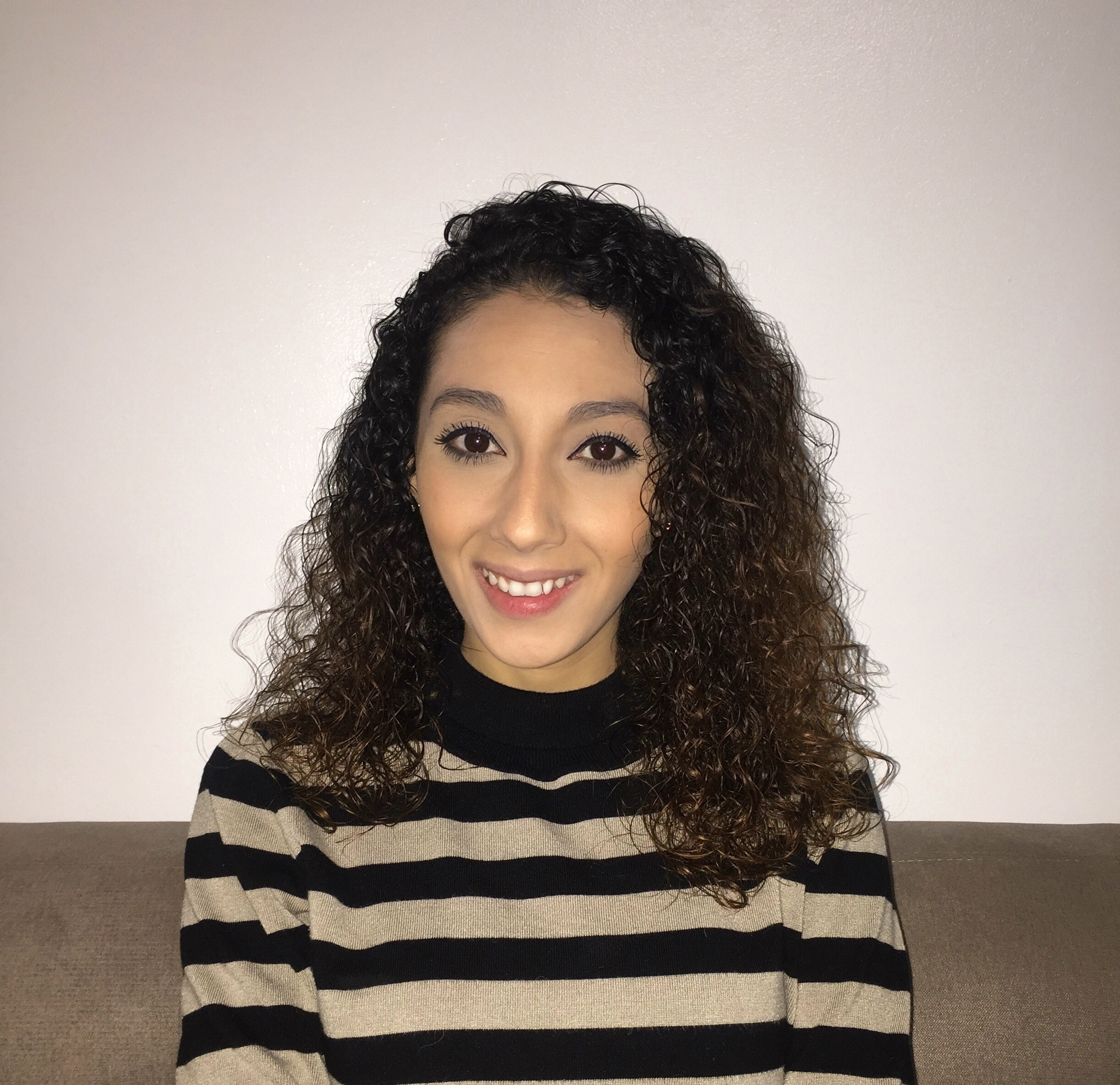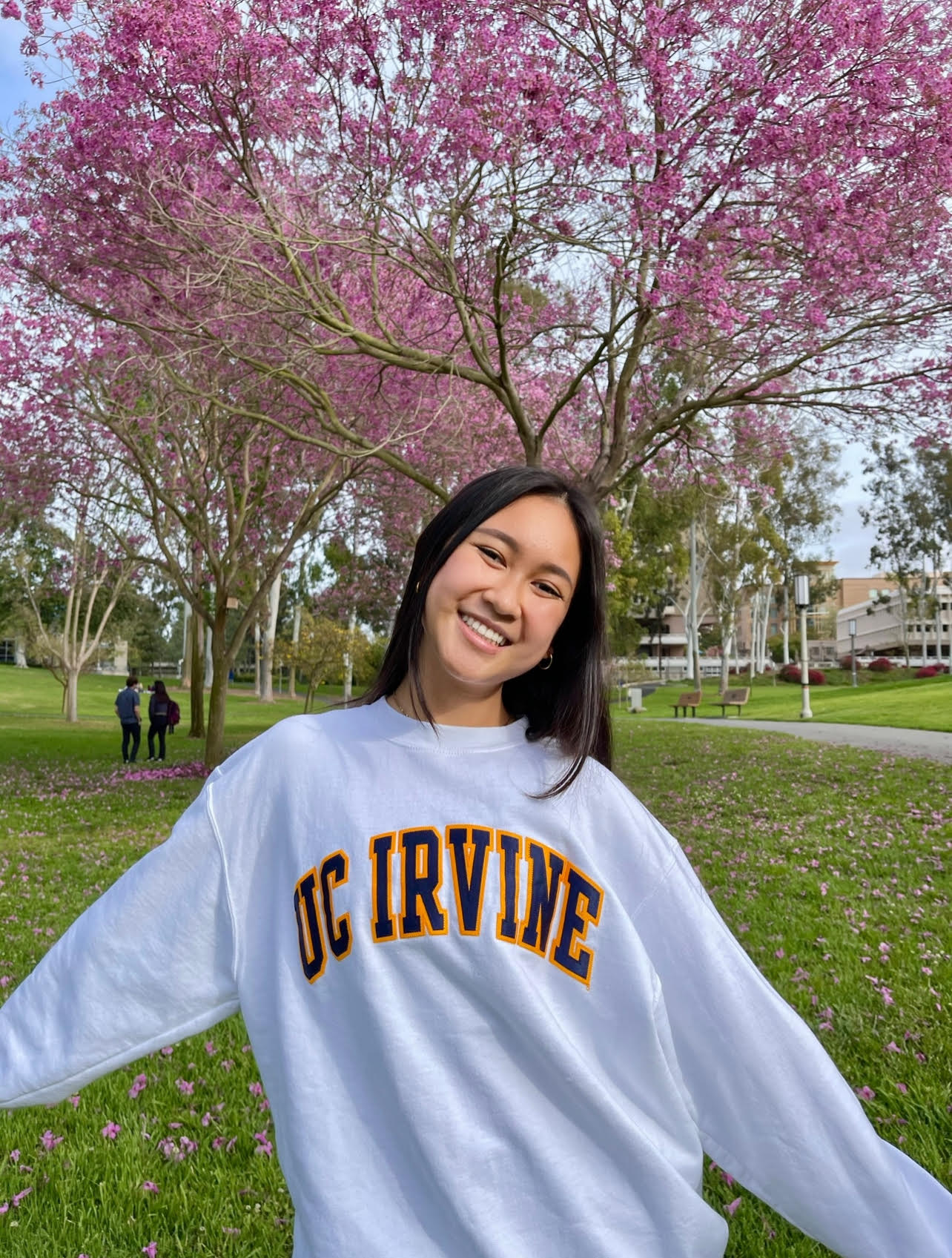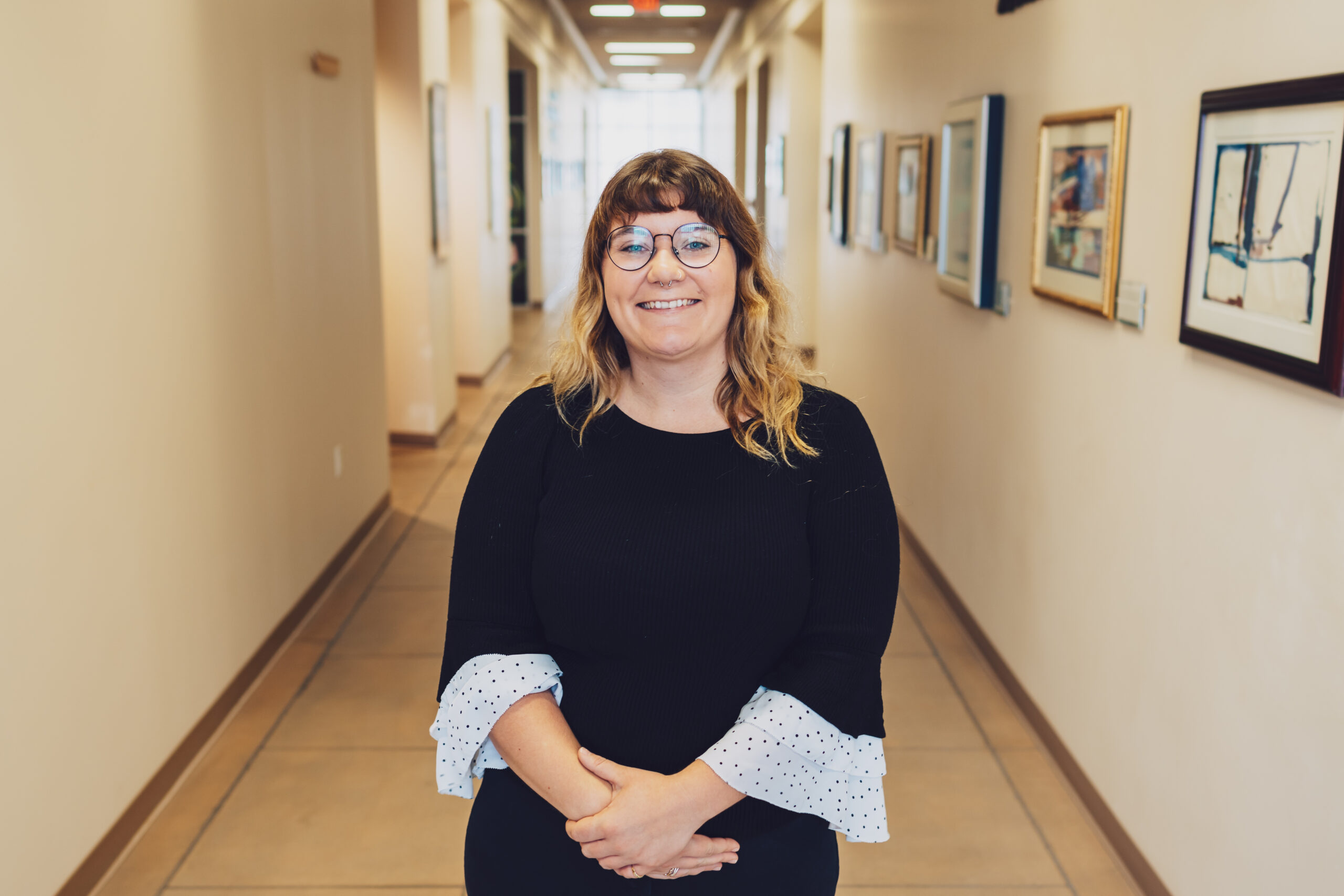Kiara Wiggins

What inspired you to pursue a career in the biological sciences?
I choose to pursue a career in the biological sciences due to the challenges my family and community faced, particularly in terms of limited access to healthcare and education. Growing up, I witnessed firsthand the struggles they endured, which fueled my desire to make a positive impact. It wasn’t until college that I discovered the realm of research, where individuals were making groundbreaking discoveries that had the potential to address the issues plaguing my community. Learning about these discoveries opened my eyes to the power of scientific inquiry and its capacity to bring about positive change. Moreover, I became aware of the significant lack of representation within research and higher education. This realization motivated me even further, as I felt a strong sense of purpose in contributing to the diversification of these fields.
Why did you choose BioSci?
One significant factor was the welcoming and supportive atmosphere I experienced within the biosci community. The abundance of research labs focusing on my specific area of interest played a crucial role in my decision as well. Knowing that there were numerous opportunities to delve into meaningful research within my niche gave me confidence in my choice. One of the most decisive factors in my decision was finding an exceptional mentor in Dr. Dequina Nicholas. Dr. Nicholas’s dedication to the success and well-being of her trainees, both inside and outside the laboratory, made a profound impact on me. Having a mentor who genuinely cares about the growth and development of their students creates a supportive and nurturing environment that is invaluable in the pursuit of a scientific career.
Tell us about your research.
My research explores how inflammation, specifically through a pathway called Toll-Like Receptor 4 (TLR4), affects a common women’s health issue called Polycystic Ovary Syndrome (PCOS). PCOS, affecting about 15% of women, goes beyond just reproductive concerns—it’s linked to problems like obesity, insulin resistance, glucose issues, and a higher risk of heart disease. My focus is on understanding how inflammation messes with the body’s master regulator of reproduction and hormone production, the HPG axis. By figuring out these connections, my goal is to find ways to target inflammation that improve the overall health and well being of women.
What accomplishments are you most proud of?
I’m most proud of being the first in my family to pursue a higher degree after college. It’s not just a personal achievement; it’s a chance to show others that they can do it too. I love sharing my story— the ups, the downs, and the successes. What really brings me joy is giving back, especially to minority women, particularly young black women. I want them to know that a career in research is absolutely possible. By sharing my experiences and being a mentor, I hope to inspire them to believe in their potential and see that they can succeed in the world of research, I’m proud that despite facing challenges, I always keep my purpose, community, and family at the forefront, driving my direction and goals. They are my constant sources of motivation and strength in everything I do.
Can you speak to the importance of diversity and representation in the biological sciences?
Growing up, I noticed the absence of individuals who looked like me in these spaces, and this continued through college. Having a passion for science is challenging when you lack examples from your background. The absence of representation adds pressure to pursuing a career in these fields, impacting confidence and belonging. When individuals from different backgrounds see themselves in science, it shows they belong and can succeed. This not only breaks down barriers but also enhances creativity in science. Diverse perspectives help us understand complex biology better.
What advice would you give to young black students interested in pursuing a career in the sciences?
My advice to young black students interested in pursuing a career in the sciences is to embrace your passion and curiosity. Don’t let the lack of representation or challenges deter you. Seek out mentors and role models who have walked a similar path and can provide guidance. Connect with academic and professional networks that support diversity in the sciences. Take advantage of educational opportunities, internships, and research experiences to gain hands-on exposure to the field. Be resilient in the face of obstacles, and don’t be afraid to advocate for yourself. Remember that you belong, no matter what people may say or what the room may reflect at times. Your unique perspective and experiences contribute to the richness of scientific inquiry, so recognize the value you bring to the table. The sciences need diverse voices, and your perspective is essential for driving innovation and understanding in the field.
Can you speak to any initiatives or programs that have been helpful to you as a scientist?
As an undergraduate, two initiatives were particularly impactful for me. First, participating in summer programs provided valuable hands-on experience and exposure to research. Additionally, a graduation requirement called capstone mandated a semester-long rotation in a laboratory setting. This not only allowed me to explore my interests but also ensured that professors couldn’t turn away students, providing equitable access to research opportunities. In my graduate studies, community-building programs have been instrumental. Initiatives fostering a sense of belonging and collaboration have created a supportive environment. Starting my Ph.D. in the summer before the fall quarter was a game-changer. It allowed me to acclimate to campus and my new life before the commitments of classwork, enabling a smoother transition into the academic year.
Can you tell us about a role model or mentor who has been influential in your career as a scientist?
My current mentor, Dr. Dequina Nicholas, has been a significant influence on my journey as a scientist. Her commitment to the success and well-being of her students, both in and out of the lab, has made a lasting impact on me. Dr. Nicholas not only creates a supportive and nurturing environment but also thinks ten steps ahead. She understands my career goals and provides guidance on navigating the path to achieve them. Being the only other black woman in my department, she not only represents excellence in the scientific community but also serves as a role model for effective mentorship. Her foresight and personalized support have been instrumental in shaping my scientific career.
What is your favorite hobby or activity outside of work?
Outside of work, I’m a huge fan of sports! Whether I’m watching football and basketball or playing them myself, it’s my go-to hobby for relaxation and staying active. Sports bring excitement and fun to my downtime.




